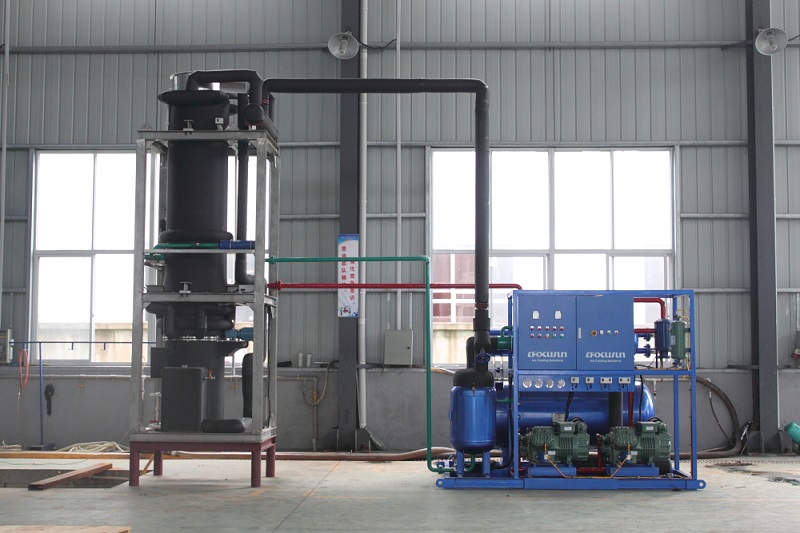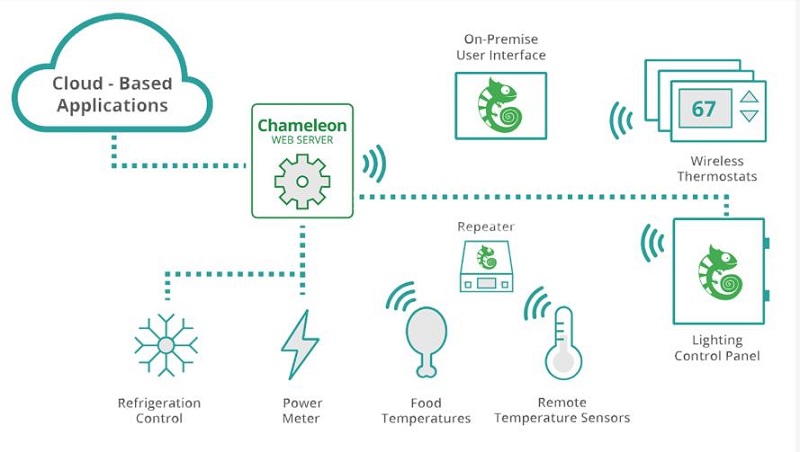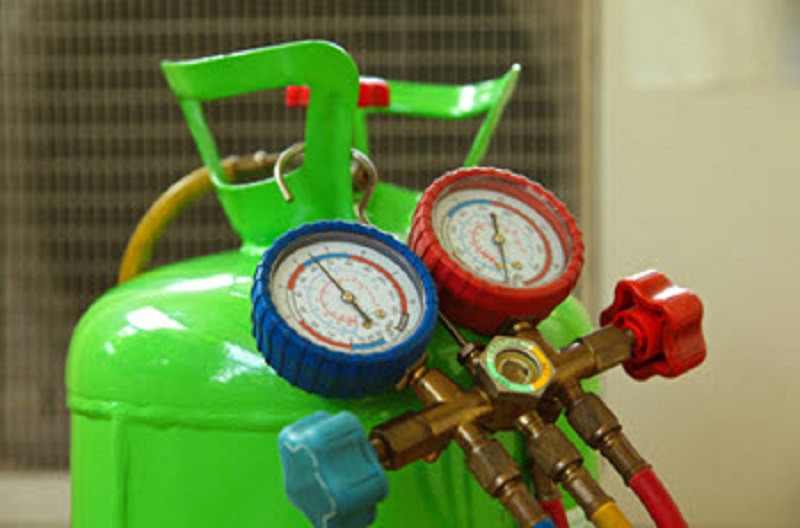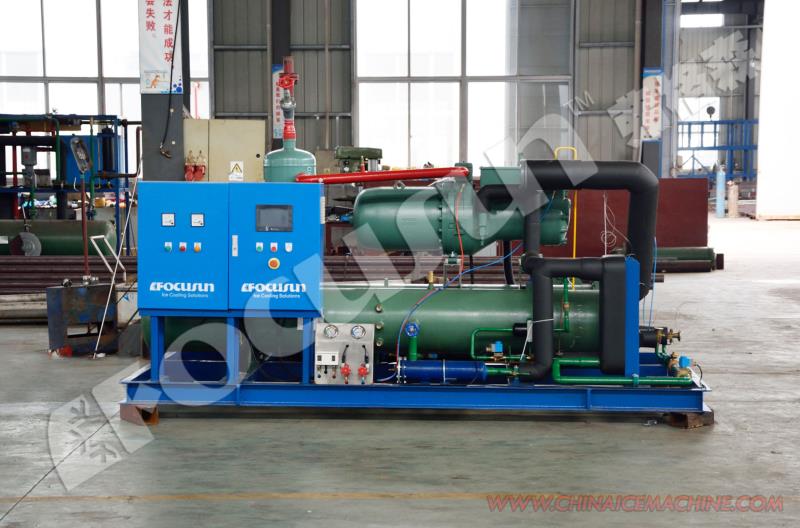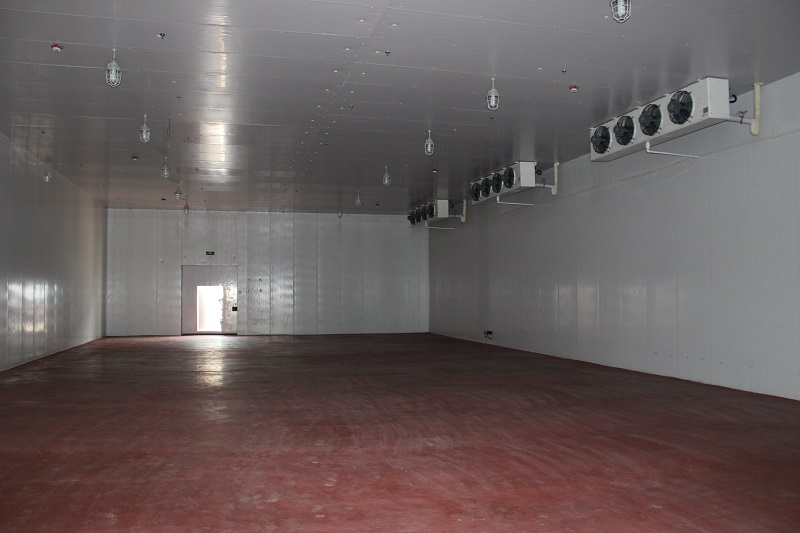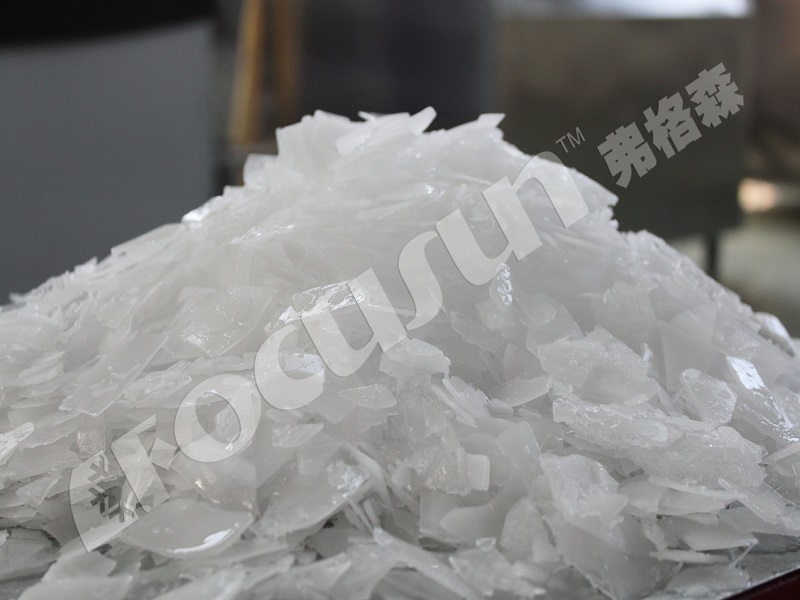19
2019
Advantages of Filtering the Water Used for Your Ice Machine
One of the best things you can do at your restaurant or foodservice operation to improve the quality of your offerings and avoid having to call for frequent repairs is filtering the water you use in your ice machine. This might seem like an overstatement, but it’s true—using a water filter in conjunction with your ice machine provides cleaner, better-tasting water and will make it less likely that you’ll need to call in for ice machine repair in Eugene, OR. Here’s an overview of how filtered water makes a difference. The benefits of water filtering Many restaurant owners are under the impression that, if their restaurant is connected to a municipal water system, they don’t have to worry about doing any filtering, because the municipality in charge of that water is already doing everything it can to clear it and make it safe for drinking. However, even after the water in a municipal system has gone through these processes, there will sti […]
9
2019
Ice Machine Maintenance: 3 tips
If you operate a business where having a commercial ice machine is necessary, then you know how important this relatively simple piece of machinery is—and what a pain it can be when it stops operating correctly. When this nightmare scenario happens to you, it can be frustrating for you and disappointing to customers—and ultimately affect your bottom line. Fortunately, American Refrigeration Inc. is here to help with all your ice machine repair and ice machine maintenance in Eugene, OR. Here is an overview of how cleaning and proper maintenance for an ice machine works, and why you should never put it off. Cleaning your ice machine Keeping your ice machine nice and clean will help keep it functioning properly, and ensure your customers get a quality product. How often your ice machine needs to be cleaned will depend on its size and capacity, and how many customers you are serving ice in a given day. Here’s the great thing: you can clean […]
4
2019
Is Refrigeration Automation The Next Big Thing For IoT?
As we throttle toward the end of this decade and into the future, the Internet of Things (IoT) continues to become more and more ubiquitous in our daily lives. On smaller scales, we see it in our homes with products that now merge thermostats with home security, or allow us to order items from Amazon through voice-activation. On a massive scale, we see it in the near-full automation of some global supply chains. And right in the middle of those ends of the spectrum, we’re starting to see it become standard practice in the one place we spend most of our time: the workplace. In particular, the HVAC/Refrigeration industries are beginning to catch up to the times and see the benefit of automating the operations that they can. Lighting, heating systems, and refrigeration systems can all stand to be improved either through incorporation into a Building Management System or equipped with their specific controls and automation tools. &nb […]
29
2019
Is R22 still the best option?
R-22, also known as Freon, has historically been one of the most common refrigerants used in air conditioning units and other cooling applications. However, its use has been steadily getting phased out since 2010 by the U.S. Environmental Protection Agency (EPA) due to some of the negative effects it has been shown to have on the earth’s ozone layer. Since that time, there has been a massive reduction in how much R-22 is being produced in the United States, leading to a significant increase in the cost of R-22 for homeowners. By 2020, R-22 will no longer be produced or imported in the United States at all, which means homeowners who have older AC units that rely on that coolant will likely need to upgrade to a new unit. Therefore, if you are still using R-22 as your primary refrigerant for your commercial HVAC in Eugene, OR, it’s time to start preparing for the full phase-out, which is less than two years away. How do I know if my HVAC […]
21
2019
Commitment To Natural Refrigerants
In Commercial Refrigeration Equipment commercial refrigeration equipment natural refrigerants are non-synthetic substances which can be used as cooling agents in commercial refrigeration equipment and air conditioners. These include naturally occurring substances like water, air, CO2, ammonia, and hydrocarbons like propane, butane, and cyclopentane. While they have been used for years as refrigerants they are only just now beginning to replace synthetic refrigerants in commercial refrigeration equipment. Why Natural Refrigerants For Commercial Refrigeration Equipment? While the Montreal Protocol addressed ozone-depleting refrigerants like HCFCs and CFCs, it failed to address the global warming potential of the proposed substitutes like HFCs. Increasing scientific evidence has also shown that HFCs had huge potential to contribute to the greenhouse gas problem. So replacing HCFCs and CFCs with HFCs only displaced the problem. The only rea […]
15
2019
WHY WALK-IN COOLER FLOOR INSULATION IS IMPORTANT
Commercial Walk-In Coolers for SaleProper walk-in cooler insulation helps your cooler maintain the proper temperature and keeps your inventory safe and stable. The last thing a business owner wants to deal with is needless expenses from inefficient walk-in operations. Without proper insulation, cool air is able to escape from your walk-in and warm air is able to penetrate it – causing fluctuating temperatures and humidity levels. Keeping temperatures stable and secure also helps your inventory stay fresh longer and lowers supply costs. Insulation is required for almost all walk-in coolers. The only time a walk-in does not require insulation is when it is installed on ground level cement with no other rooms underneath it. Things To Consider When It Comes To Flooring MOISTURE If your walk-in cooler is installed above another room, insulation is necessary to avoid condensation build-up in the material between the two rooms. Condensa […]
8
2019
Diiferent Types of Ice
Ice machines have a way to go before they catch up with nature, as far as the different kinds of ice they offer. Scientists say there are 17 different forms of natural ice. There are only six basic types of ice created from ice machines! Ice makes refreshing drinks so much better, and can also help offices, healthcare facilities, and factories provide fun and delicious perk. For the millions of people who enjoy crunching on ice, the various options include some that cater to that particular pleasure. 1-Flake Ice Small, hard bits of ice ideal for preserving food on display, such as produce, meat, and seafood, is called “flake ice.” This type of ice consistently maintains food hydration for longer periods of time than other alternatives. Anytime perishable food is being transported, flake ice is best. It is also perfect for making blended drinks and for use at a bakery and deli as well as food retail. Flake ice 2-Crescent Cubes & othe […]
30
2019
Some types of flake ice
Flake ice is usually large, flat, thin pieces of ice (1-2 mm) mainly used in the commercial fishing and concrete cooling industries, typically in large quantities. Made on a large vertical or horizontal drums, scale ice is formed on either the inner or outer surface of the drum by pouring a film of water over it, then contact freezing it into a thin sheet of ice. This ice is sub-cooled down to -7°C in order to make it brittle, then cracked off by a harvesting blade. The ice then falls by gravity into the ice store. These large, flat pieces are good for layering and are available with a single evaporator up to 50 tonnes. The vertical style of drum is usually stationary, with the ice formed on the inner surface. The harvesting blade is motor-driven around this surface, cracking it off. The horizontal style of drum is usually rotating, with the ice formed on the outer surface. As the drum rotates, a stationary blade cracks the ice from the […]
23
2019
The process of removing heat from an enclosed space or from a substance
Refrigeration, the process of removing heat from an enclosed space or from a substance for the purpose of lowering the temperature. Refrigeration aids wine clarification in several ways. Temperature reduction often prevents both yeast growth and the evolution… In the industrialized nations and affluent regions in the developing world, refrigeration is chiefly used to store foodstuffs at low temperatures, thus inhibiting the destructive action of bacteria, yeast, and mold. Many perishable products can be frozen, permitting them to be kept for months and even years with little loss in nutrition or flavor or change in appearance. Air-conditioning, the use of refrigeration for comfort cooling, has also become widespread in more developed nations. Before mechanical refrigeration systems were introduced, ancient peoples, including the Greeks and Romans, cooled their food with ice transported from the mountains. Wealthy families made use of sn […]
17
2019
What size of Walk-in cold room do yhou need?
The use of refrigerator-based equipment is a requirement of all food service operations–large or small–almost without exception. And being of such common occurrence, it’s normal to take such equipment for granted. However, like many other aspects of foodservice equipment, there’s always an opportunity to learn more about the use and function of refrigeration. Try to answer the following questions: * Does a refrigeration system pump cold air into a unit to lower the temperature of the food therein? Or, does it extract the heat from the food to lower its temperature? * What is the correct temperature for holding refrigerated meats, vegetables, beverages, etc.? * How long should it take to reduce cooked product temperatures from 140[degrees]F to below 40[degrees]F? * Based on meal volume, what size in cubic feet should a raw bulk storage cooler be? * Is a water-cooled refrigeration system faster than an air-c […]
Contacts & Support
Focusun Refrigeration CorporationRoom 603, Baohong Center
No. 7755 Zhongchun Rd
Shanghai CHINA
ZipCode: 201100
Tel: +86-21-5108 9946
Fax: +86-21-5227 2259
Email: enquiry@focusun.com
Sales: sales@focusun.com
Marketing: marketing@focusun.com
Press: press@focusun.com
Newsletter: newsletter@focusun.com








